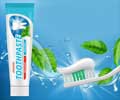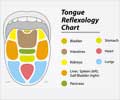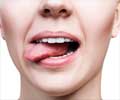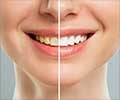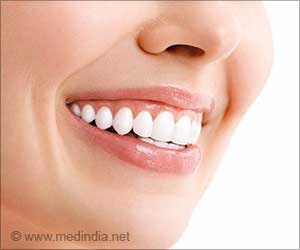The study suggests interdental brushes and water picks work best to prevent gum disease, finds no extra power in powered toothbrushes, mouth rinses, and other oral hygiene practices.
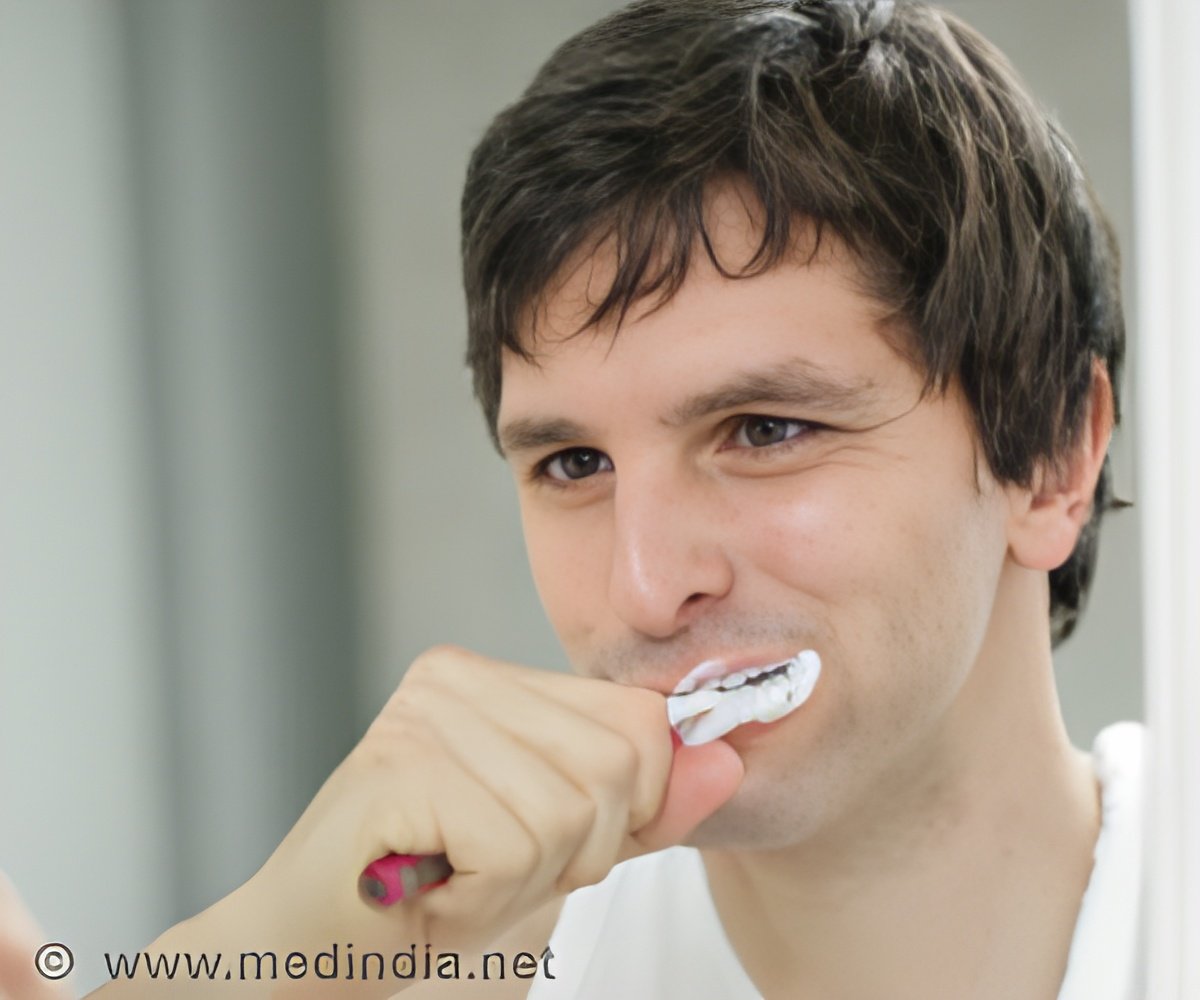
‘Only a handful of self-administered interventions provide additional protection against gum disease.’





Tooth brushing is the cornerstone of daily oral hygiene and is a reliable way to control dental plaque.According to the research, interdental brushes and water pick performed better than other interdental oral hygiene devices at reducing gum disease. Both should be used in combination with daily tooth brushing.
Among the numerous mouth rinses examined, those based on chlorhexidine gluconate (CHX), cetylpyridinium chloride (CPC), and essential oils (such as Listerine) were proven to be effective at reducing sticky deposits and gum disease.
Though toothpicks are not effective in controlling gum disease, they can be useful for monitoring gum health by detecting signs of gum disease.
Triclosan toothpaste and mouth rinses can reduce gum disease but the compound is linked to the development of various types of cancers and reproductive defects. Triclosan has been removed from most popular toothpastes in the U.S.
Advertisement
Little evidence has been published in support of dental floss reducing plaque and gum disease. Though floss is especially useful to remove sticky deposits present in tight space between their teeth, both floss and brushing are essential.
Advertisement
Researchers also found little evidence that supports the claim that dietary supplements improve gum health and professional plaque removal (known as scaling, the process of removing plaque with a scraper) prevents gum disease.
“Patients can be confident that the oral care tools and practices supported by research, as described in the paper, will prevent the initiation and progression of periodontal disease if they are performed regularly and properly”, says Scannapieco, principal investigator and chair and professor of oral biology in the UB School of Dental Medicine.
These findings will help dental practitioners and the public identify best practices for preventing gum disease, which affects nearly half of adults 30 and older in the United States, according to the Centers for Disease Control and Prevention (CDC).
Source-Medindia



